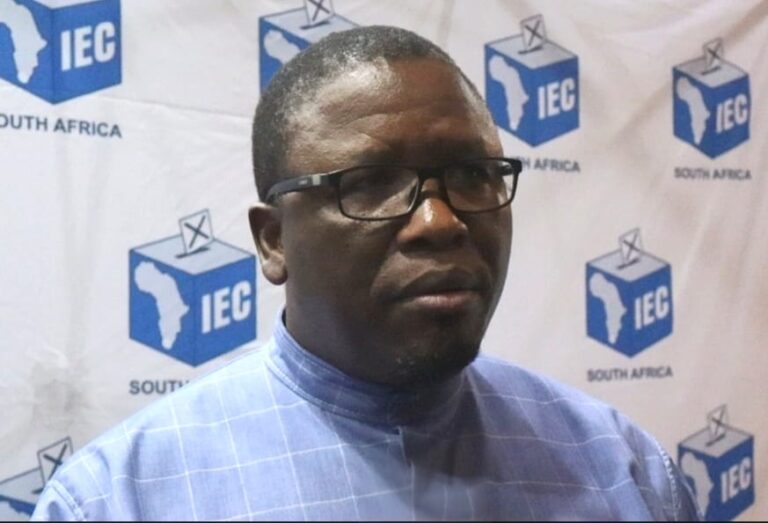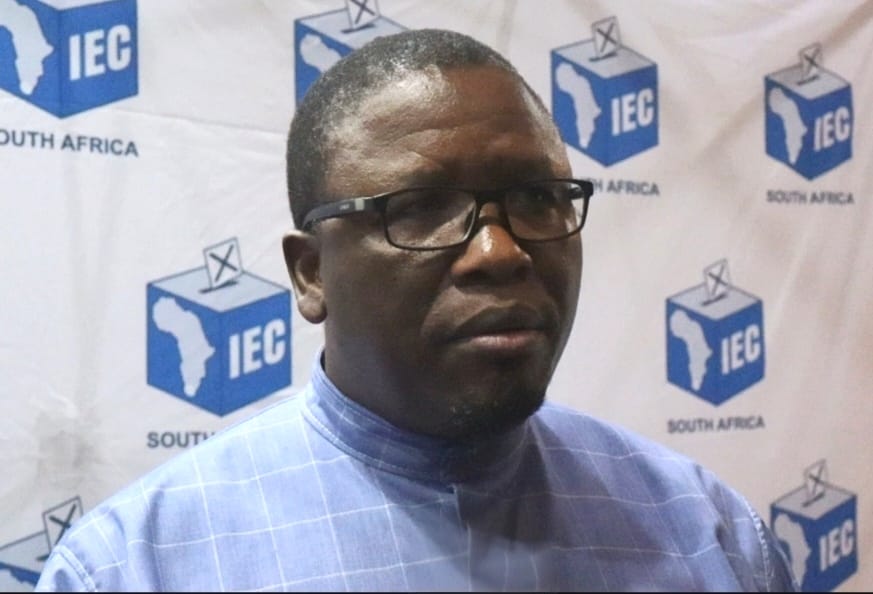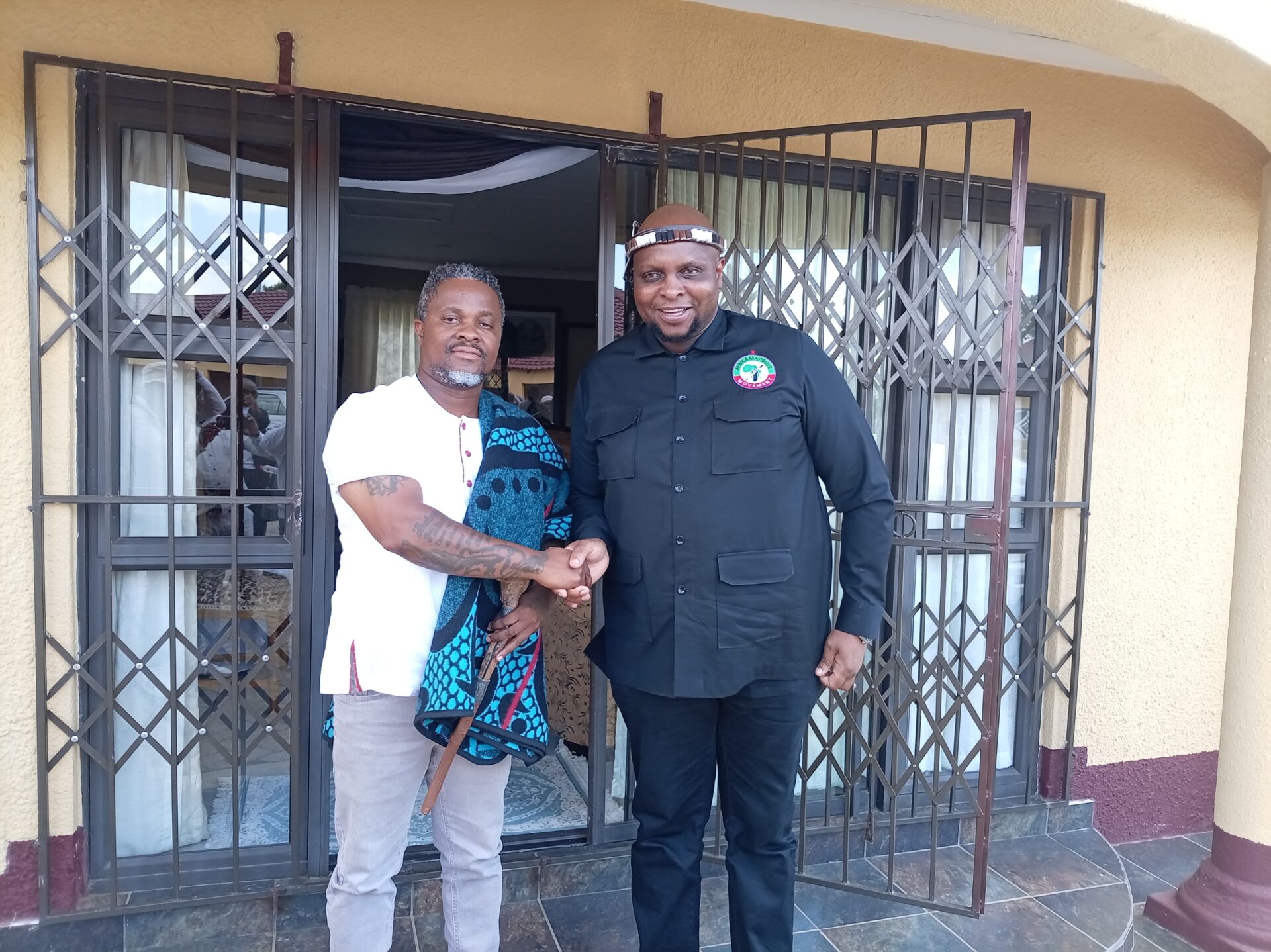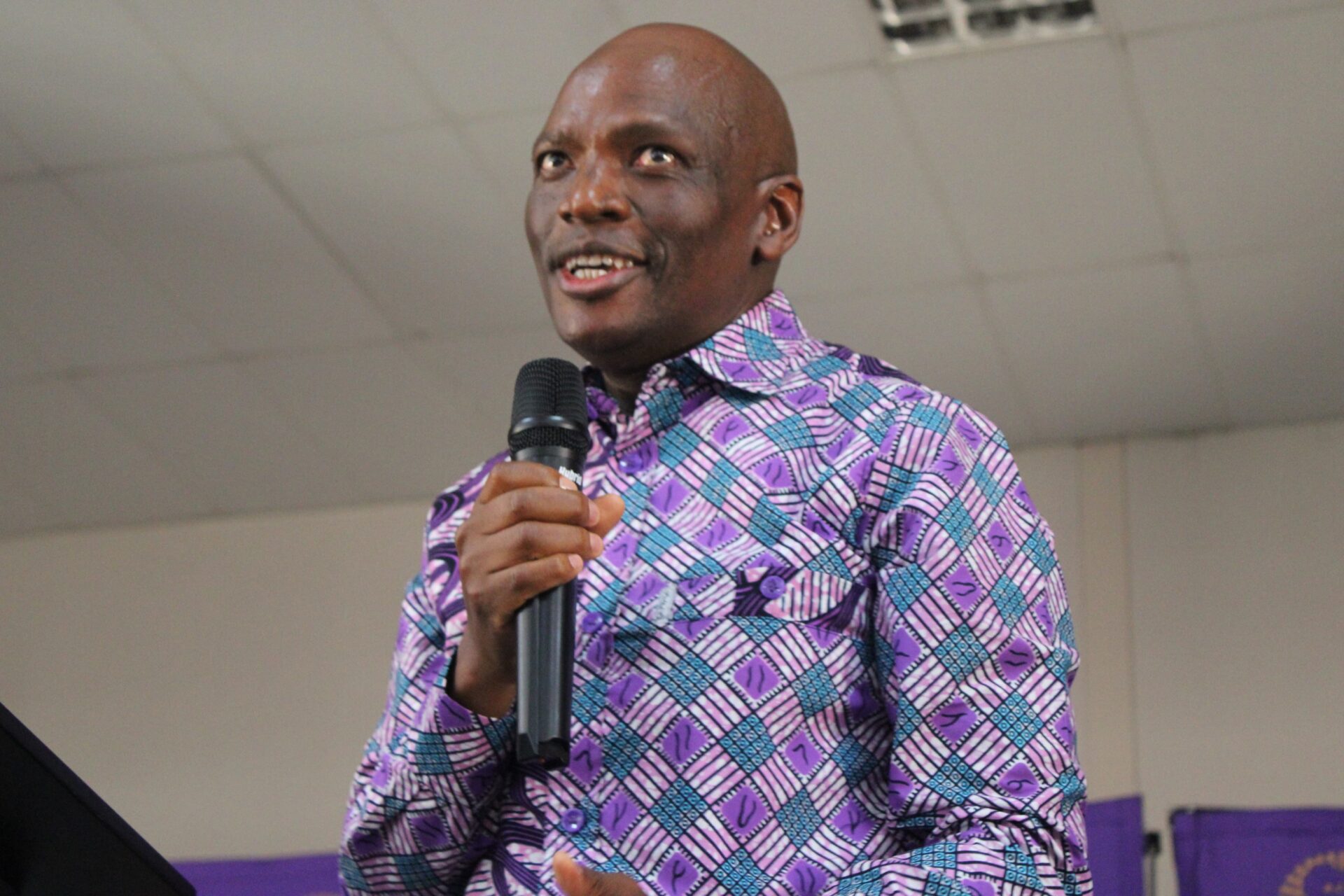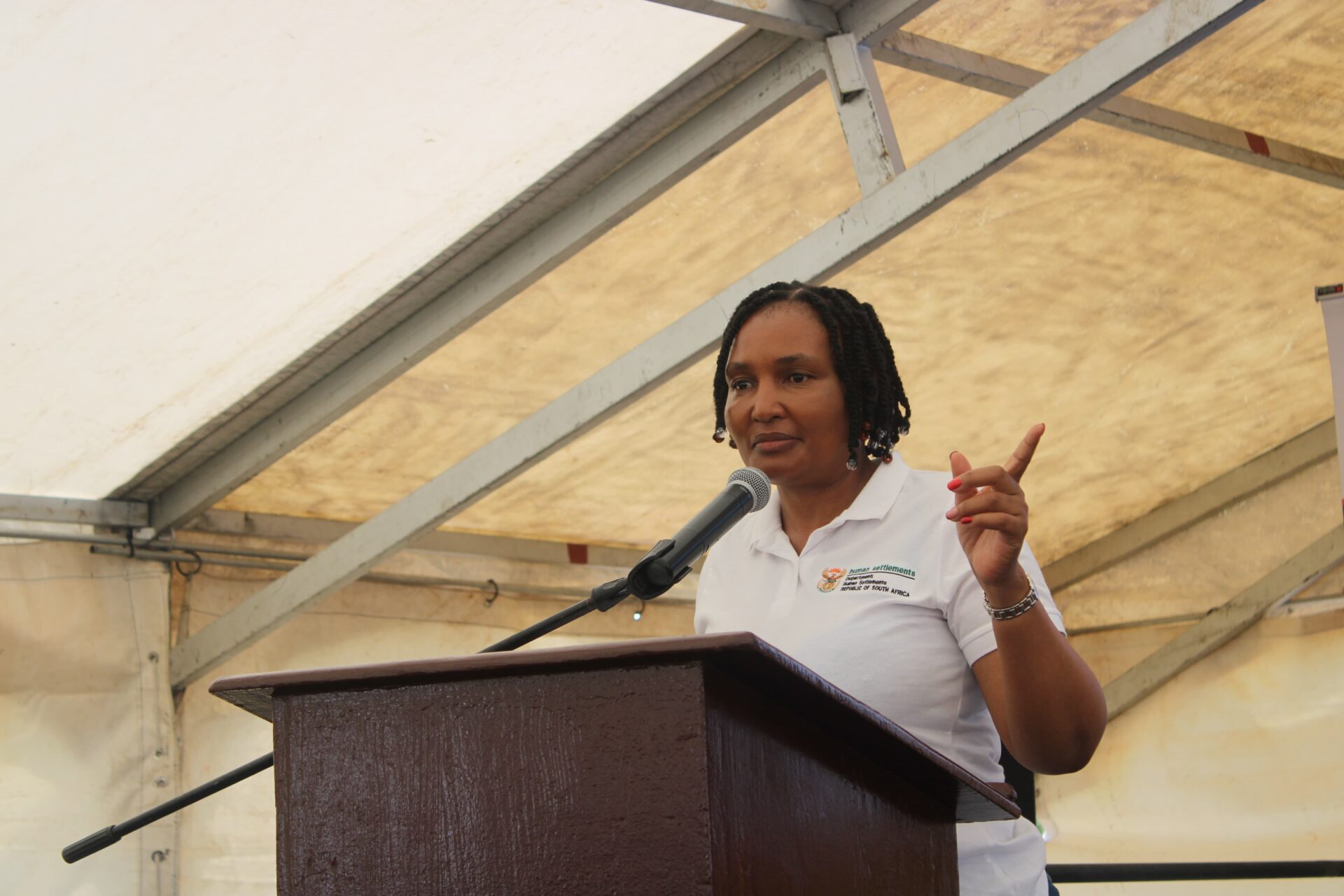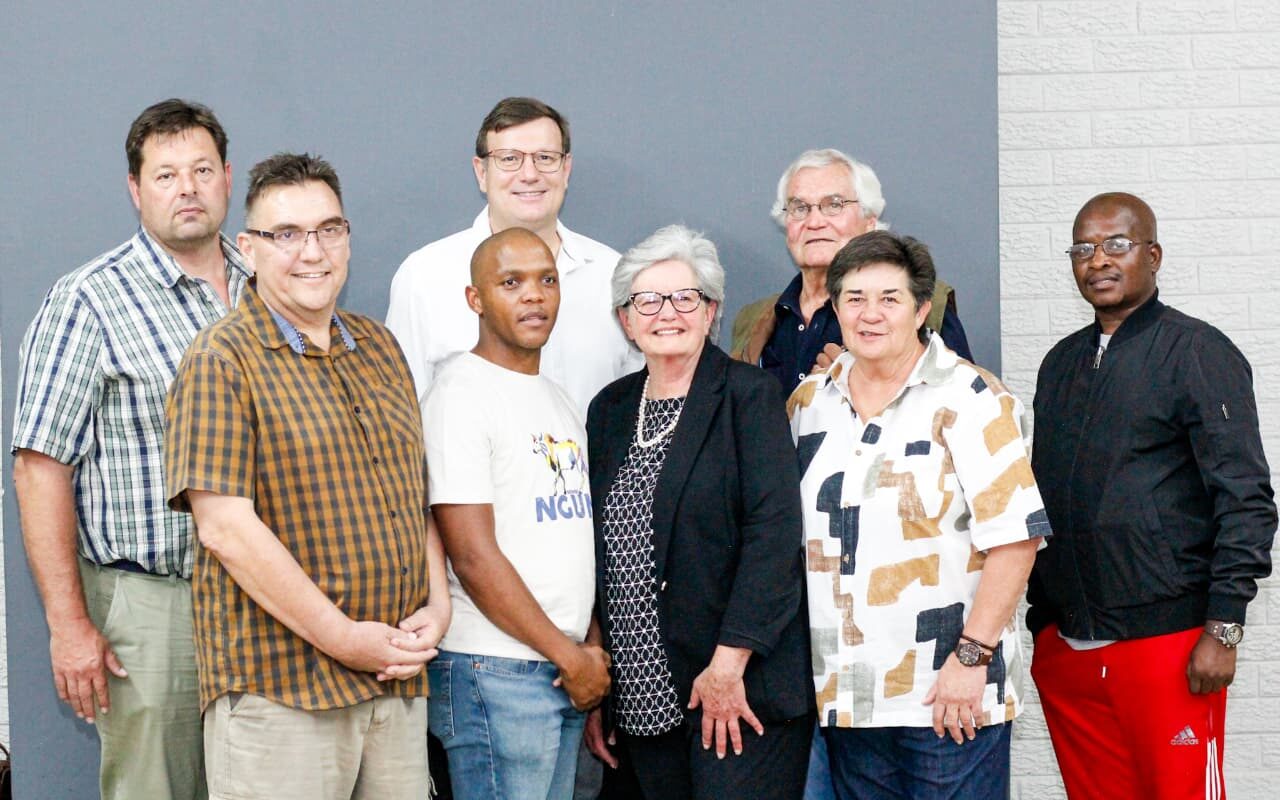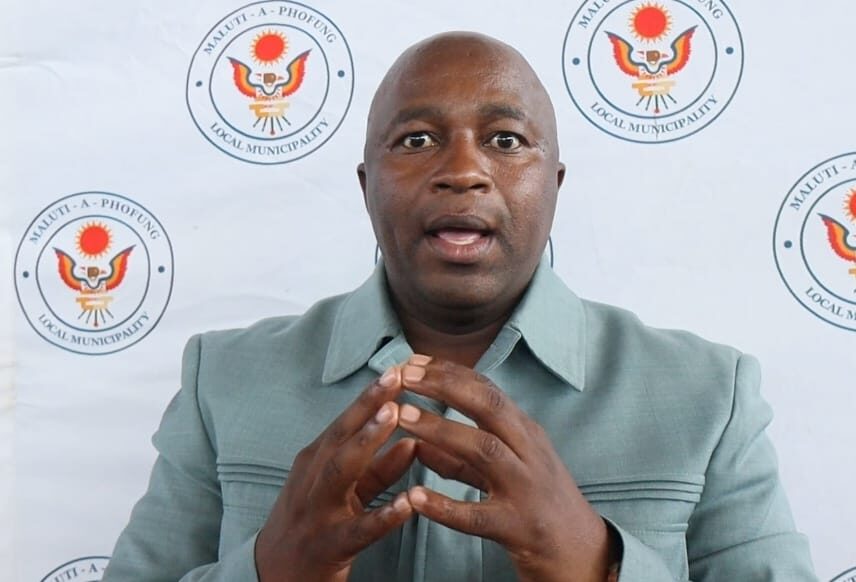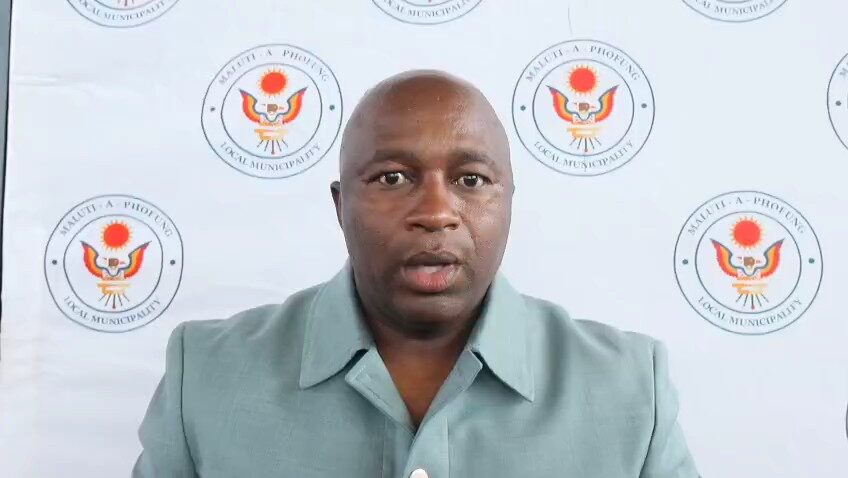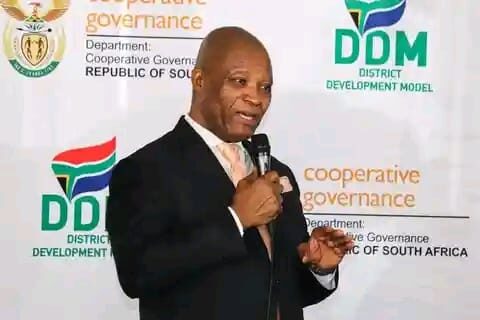By Emily Setona
BETHLEHEM – A public hearing held by the Free State Legislature’s portfolio committee on Agriculture, Rural, Economic Development, Small Business, Sports, Arts and Culture saw the community that gathered at Bohlokong’s New Hall supporting the Upstream Petroleum Resources Development Bill (UPRD) with few reservations.
On February 13, the legal manager and advisor to the Free State Legislature Puseletso Ramotheba summarized the bill to the community gathered at New Hall in Bohlokong and outlined a few critical clauses to focus on.
According to South Africa’s legislation pre-1911 the Mines and Works Act focused on mining with no provisions for oil and gas. During 1991 the Minerals Act oil and gas resources were defined as minerals still with no dedicated provision for oil and gas.
In 2002 the Minerals and Petroleum Resources Development Act (MPRDA) moved oil and gas provisions from the Minerals Act as an appendage to mining.
The process that followed was research and benchmarking that saw the drafting of the bill with consultations from relevant stakeholders and in November 2019 cabinet approved the bill and it was gazetted for public comments until in 2021 the Upstream Petroleum Resources bill was tabled.
Explaining the bill, Ramotheba said, “The development of petroleum resources is currently regulated under chapter 6 of the Mineral Petroleum Development Act (MPRDA); MPRDA provisions do not sufficiently address pertinent issues required for the development and growth of the upstream petroleum industry; The draft UPRD bill is meant to strengthen upstream petroleum provisions and presents a value proposition for South Africa; and Upstream development means exploration and production of oil and gas.”
Richard Moeketsi of Intabazwe said he was happy and supports this bill because when you look at the country’s history, black people have been excluded from this part of the economy.
“Black people have been kept in the dark about this part of the economy and I am very happy about this bill because its contents affect us as black people,” Moeketsi said while addressing the committee.
Adding to Moeketsi’s sentiments of support, the chairperson of the Dihlabeng Business forum Morgan Vanqar described the bill as ‘long overdue’, but he had reservations about the contents of certain clauses.
“We are in support of the bill but as blacks we came into power with a deficit and this consistent request for collateral or surety from blacks is so disappointing. We appreciate the fact that this bill opens a part of the economy that is foreign to us as blacks, but the government cannot ask us to participate in this sector and want collateral and surety from us. I also feel that the clauses placed in terms of complaints are also too lenient; we cannot give people two years to comply, this will open a can of worms,” Vanqar said.

Speaker of Legislature Ntombizanela Sifuba.
In response to the public’s comments, committee member Roy Jankielson said the public must read the bill very carefully because it gives too much power to the minister.
“In principle we support the bill, but we have concerns about the issues of transparency and I urge the people to go through the bill very carefully before you approve something because you must know who has the full approval because the minister is given all the approval powers, and we’ve seen in our past what happens when you give one person full power,” Jankielson said.
Among others, Clause 31 was emphasized because it provides for participation of black persons in petroleum rights.
It states that: The 10 percent interest in petroleum rights for black persons on commercial terms has been retained; the definition of ‘black persons’ for this purpose of 10 percent participation by black persons on commercial terms has been clarified to mean a company that is 50 + 1 percent owned by black persons; black persons are allowed to dilute to no less than 5 percent of purposes of raising capital; A holder or an applicant of a petroleum right who is not able to secure the required black persons’ participation may be granted a two year extension to comply with black person’s participation requirements if they apply.







